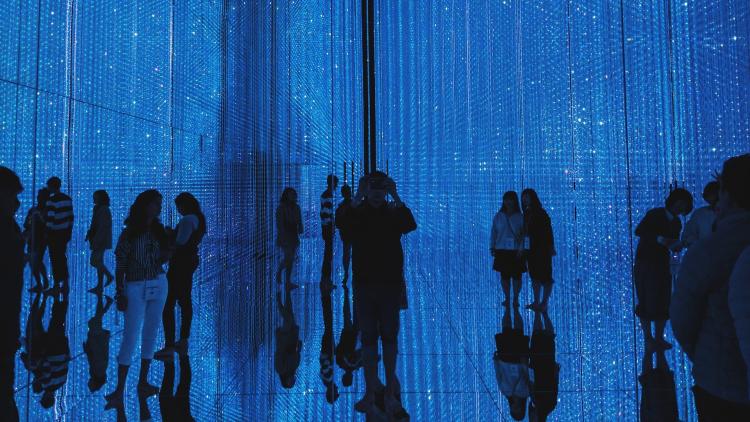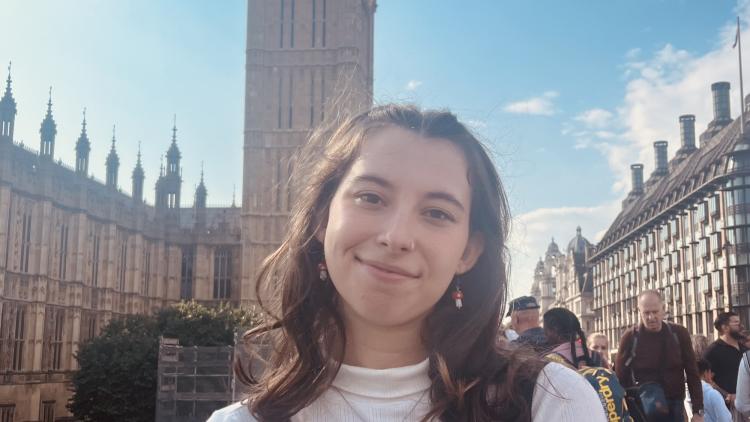Ballaké Sissoko, Kora Tales

In this 52” documentary film, (with French and English subtitles), award-winning Malian kora player Ballaké Sissoko takes us on a unique journey through Mali, Senegal and Gambia to follow the trail of the kora, a unique West African harp with 21 strings, said to have been created by the djinns.
The film is based on nearly half a century of research by Durán on the kora, – working with its leading exponents, its repertoire, oral traditions, and language, through a methodology of immersion, performance practice, interviews, recording and academic investigation of archival resources. The study of the kora at SOAS dates back to 1970, and the library contains a vast collection of materials on the instrument and its culture, that of the Mande people of West Africa.
The kora is a unique 21-string harp from the West African savannah, made originally entirely from local materials. Since the 1970s it has gone from being a traditional instrument played only by hereditary musicians, to becoming one of Africa’s most celebrated instruments. As the fame of this instrument grows, many diverse accounts of its history have been put forward by musicians and journalists alike. The documentary Kora Tales follows the complex story of the kora through the eyes of one of its greatest exponents, multi-award winning virtuoso kora player Ballaké Sissoko.
Ballaké belongs to the hereditary lineage of musicians known locally as “jeli” or “jali”, internationally known as “griot”, who are musicians, custodians of local history, praise singers, and advisors. The film follows Ballaké from his international collaborations in Paris back to his native home in Mali where we meet members of his family and students, then onwards into the rolling savannah landscape of Senegal and Gambia, widely considered the birthplace of the kora. The film is informed by research on the pre-colonial history of the region, and is richly illustrated with music, song and dance spontaneously performed while telling the legends and myths about the roots of the instrument. Special attention has been paid to providing accurate translations of the archaic song texts.
As co-director and writer with French North-African film-maker Laurent Benhamou, Durán created the narrative and advised on filming locations, drawing on her fieldwork and research of nearly half a century in the region. Conscious of issues around decolonisation, Durán has paid particular attention to the work of West African scholars; these sources are listed in the film credit, as is SOAS.
The film is attached to the Department of Music, School of Arts, SOAS in association with the Aga Khan Music Programme, TV5Monde and the French film company Oleo Films.

